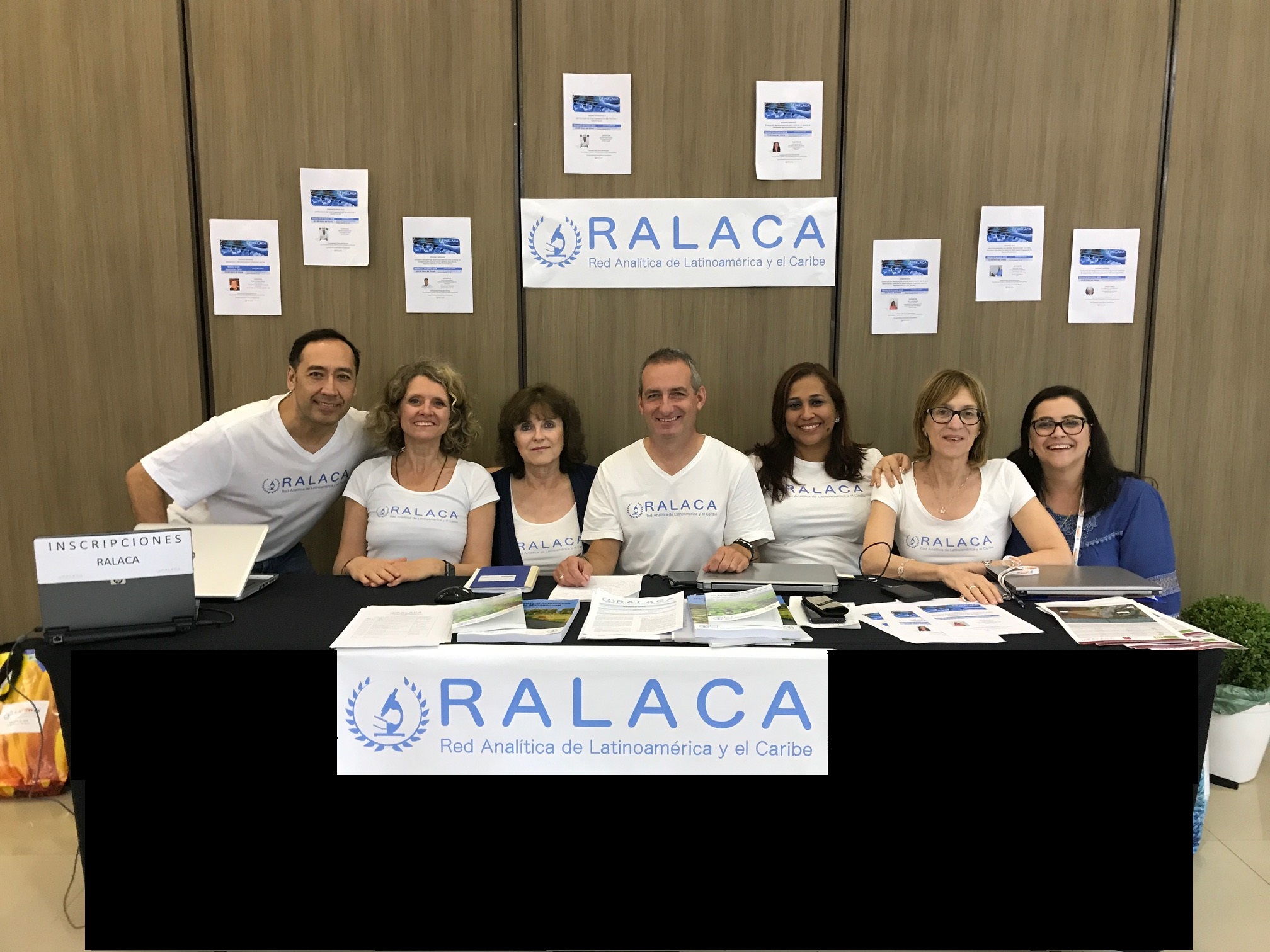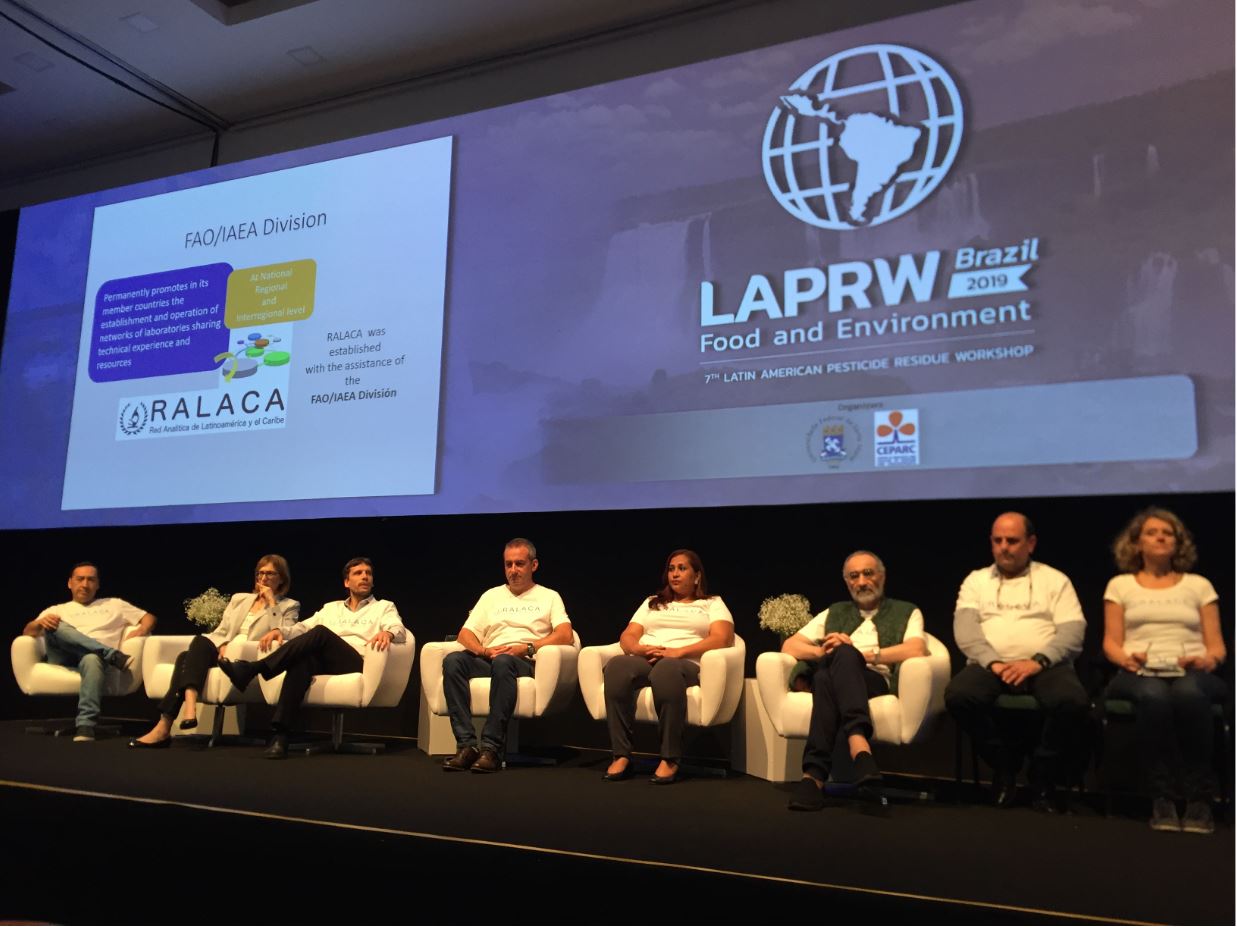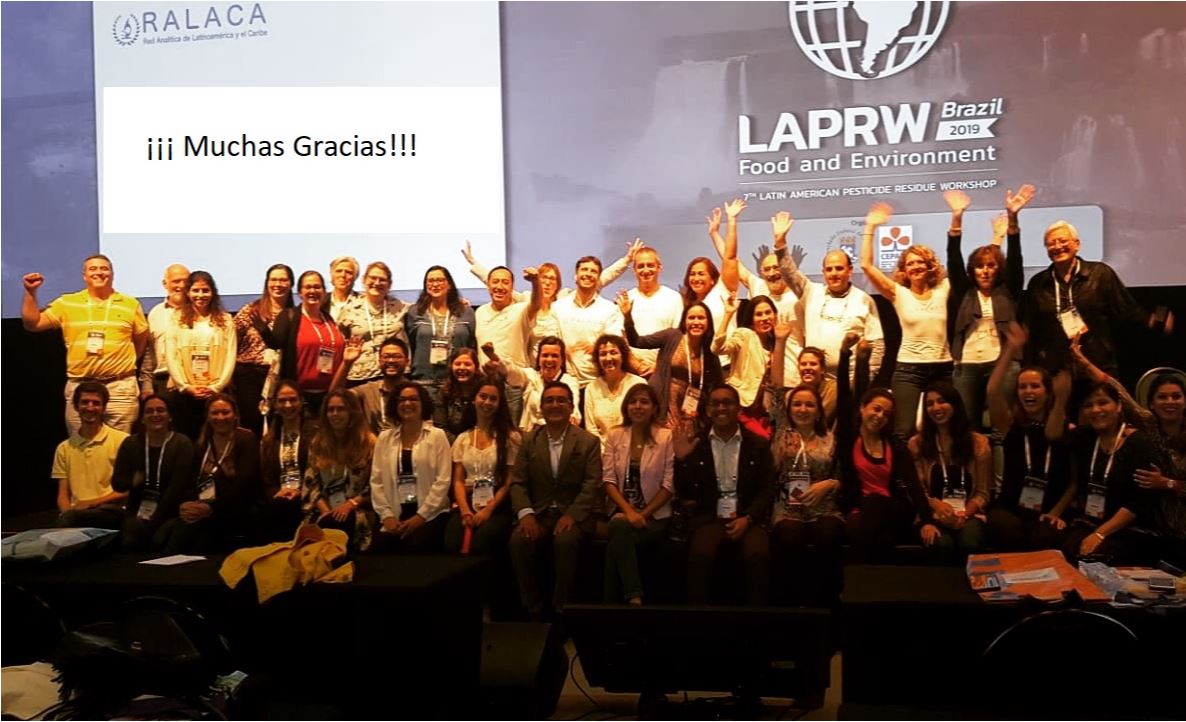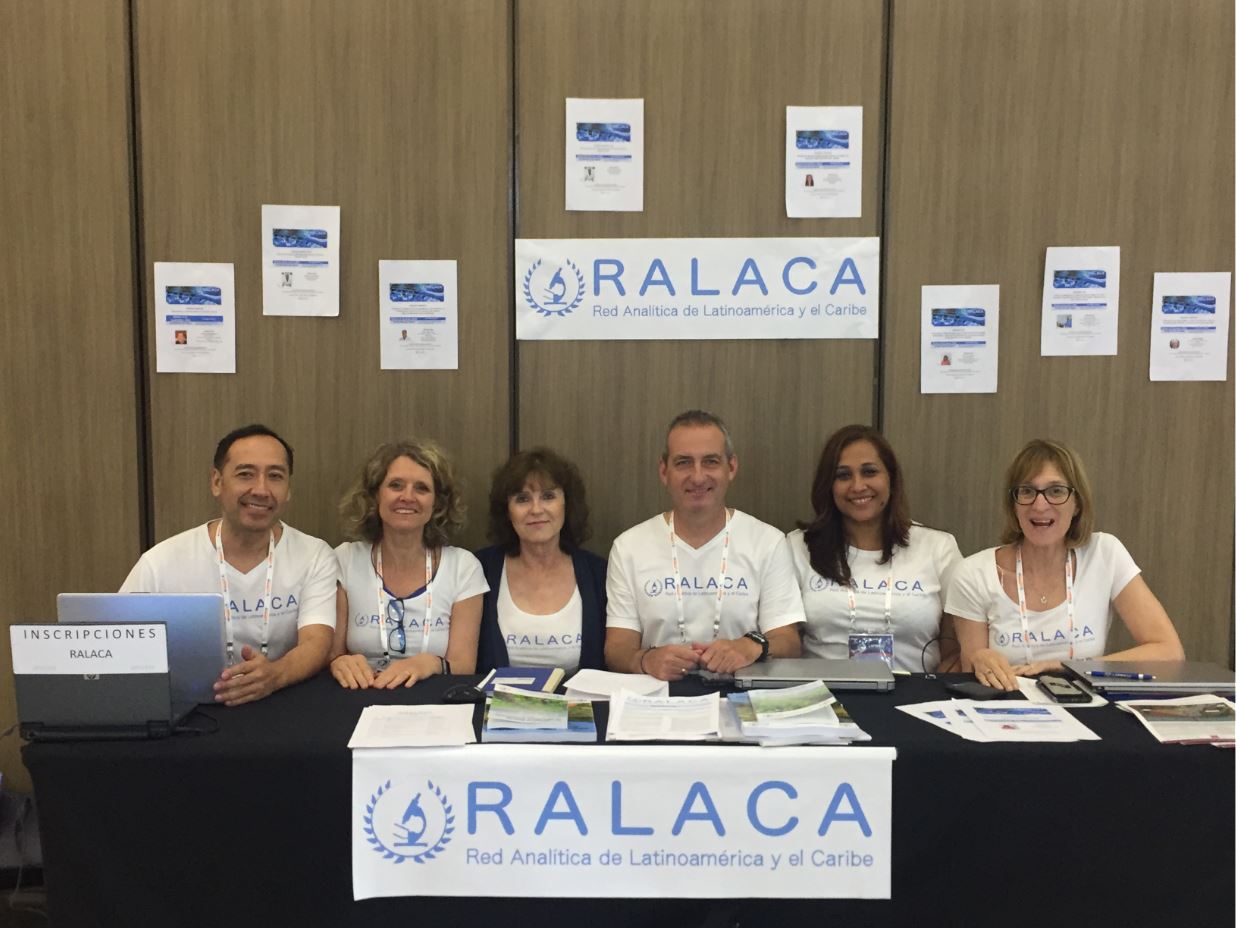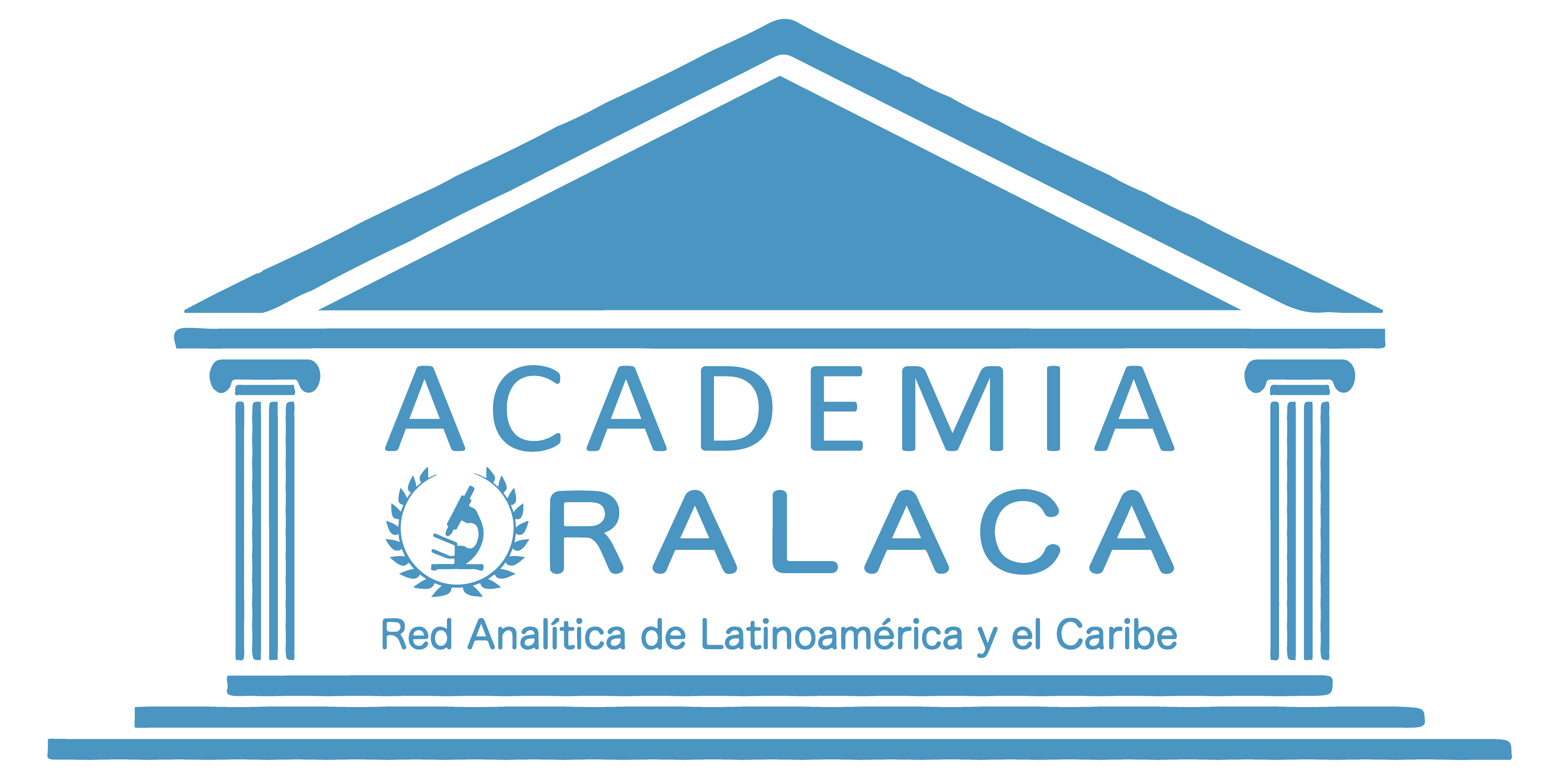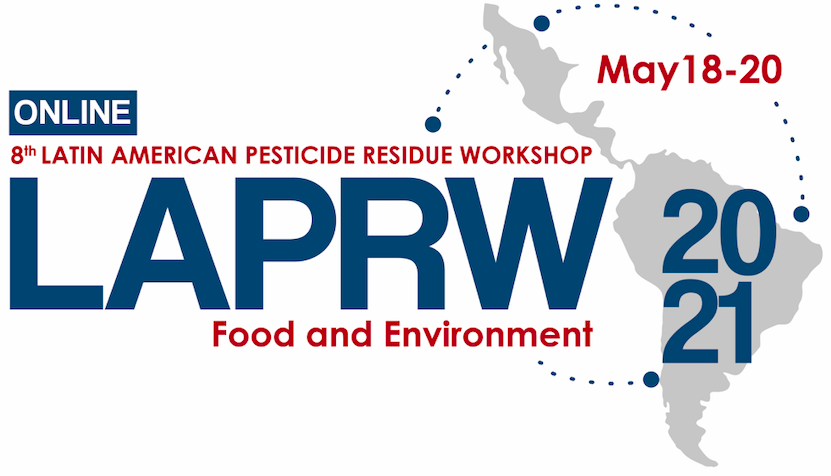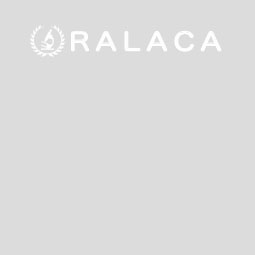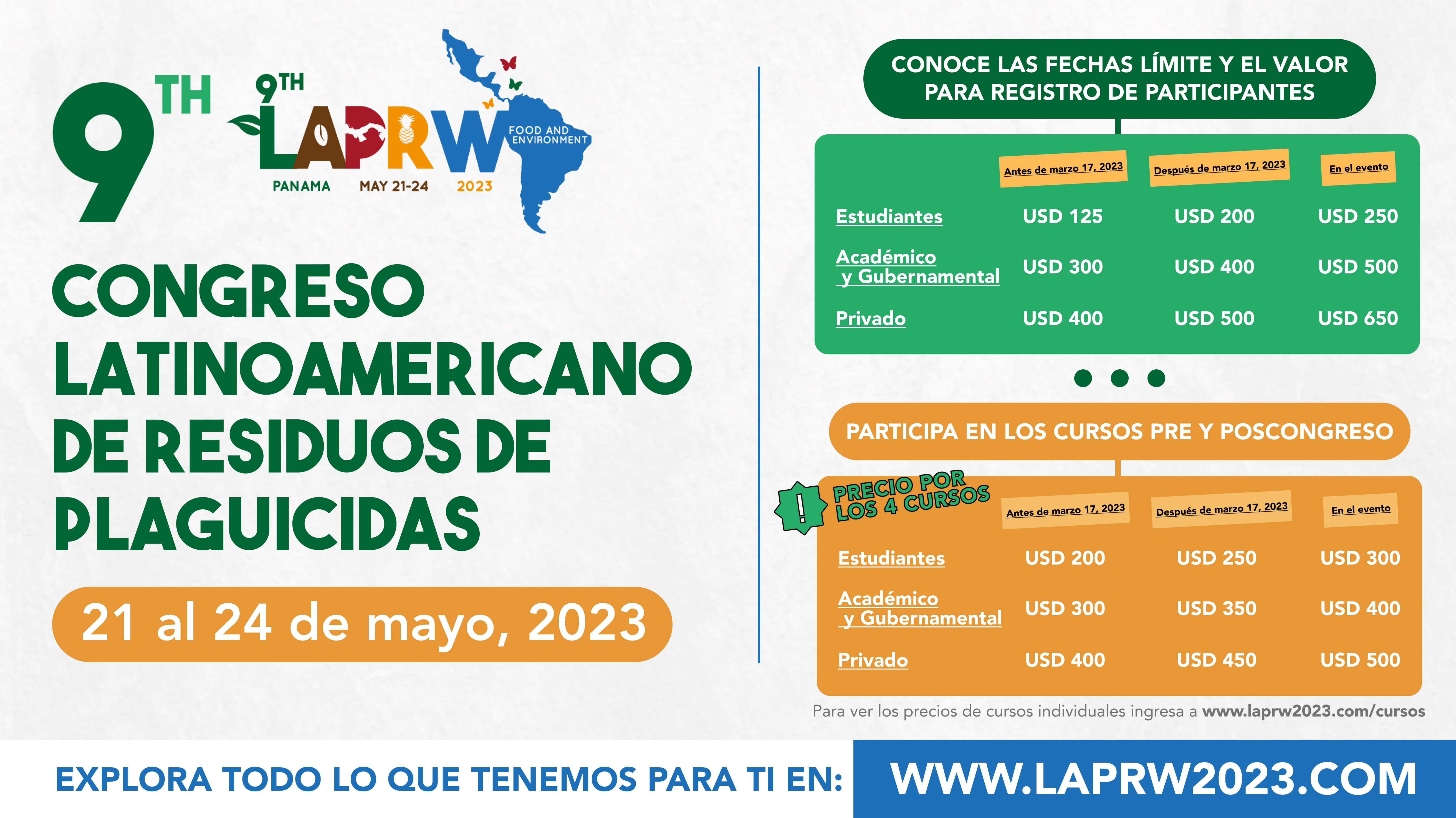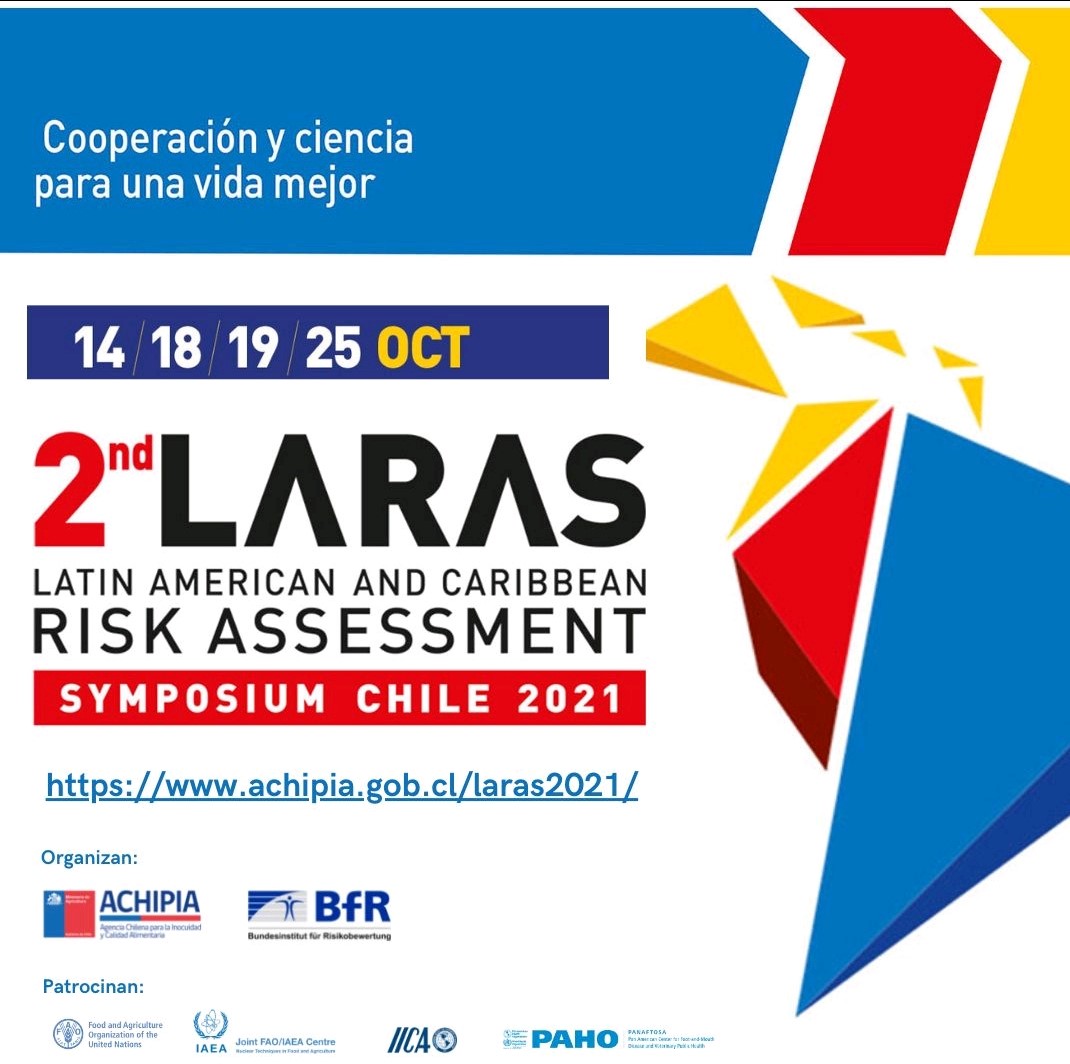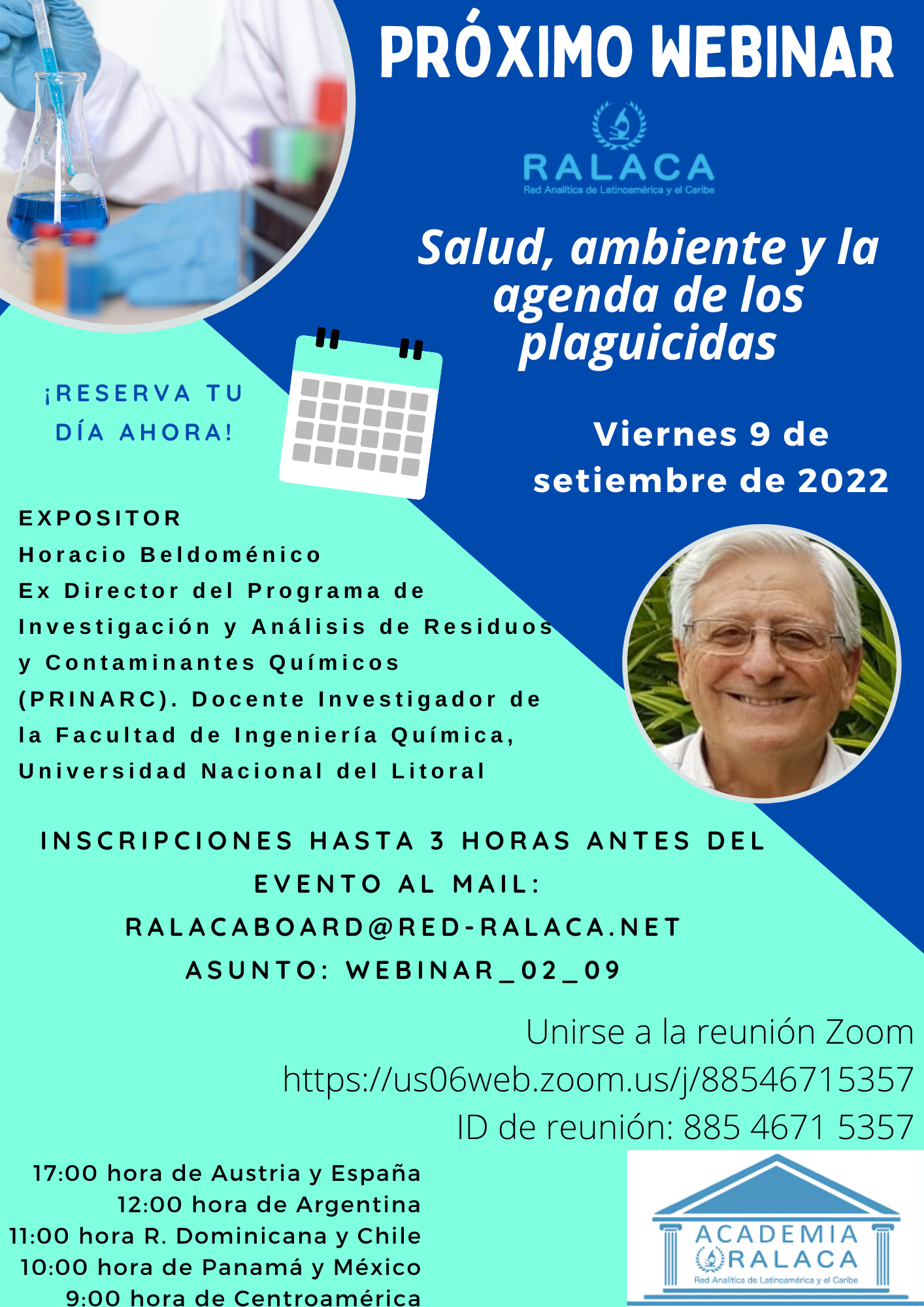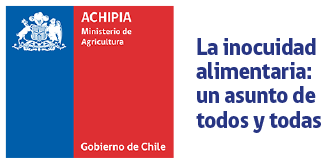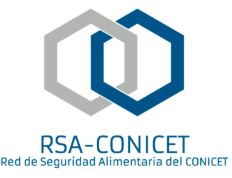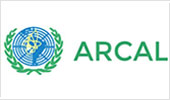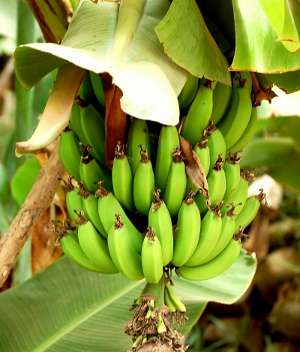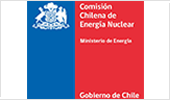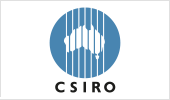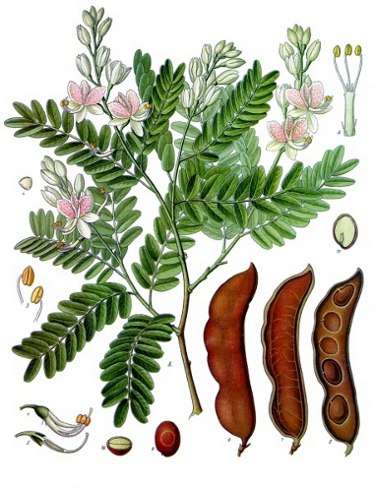|
|
|
|
Contact person: |
Lic. Aura Estela Mendoza |
|
E-Mail: |
This email address is being protected from spambots. You need JavaScript enabled to view it. |
|
Mandate of the Laboratory: |
Laboratorio Oficial de Referencia del Ministerio Agropecuario y |
|
Role in the farm-to-fork chain: |
Detección de contaminantes químicos en alimentos de consumo |
|
National Reference Laboratory: |
Sí, pertenece al Ministerio Agropecuario Forestal (MAGFOR) |
|
Type of contaminants analysed: |
Organoclorados (HCB, α-BHC, Lindano, Oxiclordano, Organofosforados: (Diclorvos, Diazinon, Ronel, Clorpirifos, |
|
Matrices analysed: |
Bovino (grasa renal, hígado, músculo, riñón) |
|
Combination matrices and contaminants analysed: |
Ver anexo LNRQYB.pdf |
|
Description of validated method used: |
FSIS, el laboratorio los tiene en proceso |
|
Laboratory accredited according to |
El fin es lograr la acreditación ISO 17025 en el año 2014 |
|
By which accreditation body? |
ONA/MIFIC |
|
Provision of interpretation of residue |
Si el cliente lo solicita, se le brinda. |
|
Laboratory certified according to GLP: |
El laboratorio funciona con las medidas necesarias para asegurar |
|
Is laboratory available for research and |
Sí |
|
Is the laboratory available for quality |
Sí |
|
Is the laboratory available for expert |
Sí |
|
Is the laboratory available for ad hoc on- |
Sí |
|
Is the laboratory available for ad hoc |
Sí |
|
Is the laboratory available for |
Sí |
|
Is the laboratory available for |
Sí |
|
|
|
|
Contact person: |
Carlos Vallejo Talavera |
|
E-Mail: |
This email address is being protected from spambots. You need JavaScript enabled to view it. |
|
Mandate of the Laboratory: |
Mission: To contribute to social equity and sustainable Vision: To consolidate as an entity of national and international |
|
Role in the farm-to-fork chain: |
Technical assitance is targeted at small, medium and large Main fields: Implementation of aquaculture farming systems, |
|
National Reference Laboratory: |
Yes, in the fields of analysis of water quality by the production of |
|
Type of contaminants analysed: |
Pesticides, and phisical chemical analysis in water. |
|
Matrices analysed: |
Shrimps, saline water, coffee. |
|
Combination matrices and |
By shrimps and coffee above all organochlorine pesticides. |
|
Description of validated method used: |
Standard methods of analysis. |
|
Laboratory accredited according to |
Yes |
|
By which accreditation body? |
ONA-MIFIC |
|
Provision of interpretation of residue |
No |
|
Laboratory certified according to GLP: |
No |
|
Is laboratory available for research and |
Yes |
|
Is the laboratory available for quality |
Yes |
|
Is the laboratory available for expert |
Yes |
|
Is the laboratory available for ad hoc on- |
Yes |
|
Is the laboratory available for ad hoc |
Yes |
|
Is the laboratory available for |
Yes |
|
Is the laboratory available for |
Yes |
 Nicaragua
Nicaragua
|
Partnes from Nicaragua |
||
|
Partner |
Institution |
Contact |
|
Jorge Cuadra Leal |
CIRA/UNAN-MANAGUA |
This email address is being protected from spambots. You need JavaScript enabled to view it. |
|
Karen Haydee Carrillo Sabonge |
Instituto de Protección y Sanidad Agropecuaria |
This email address is being protected from spambots. You need JavaScript enabled to view it. |
 Vienna, Austria
Vienna, Austria 

